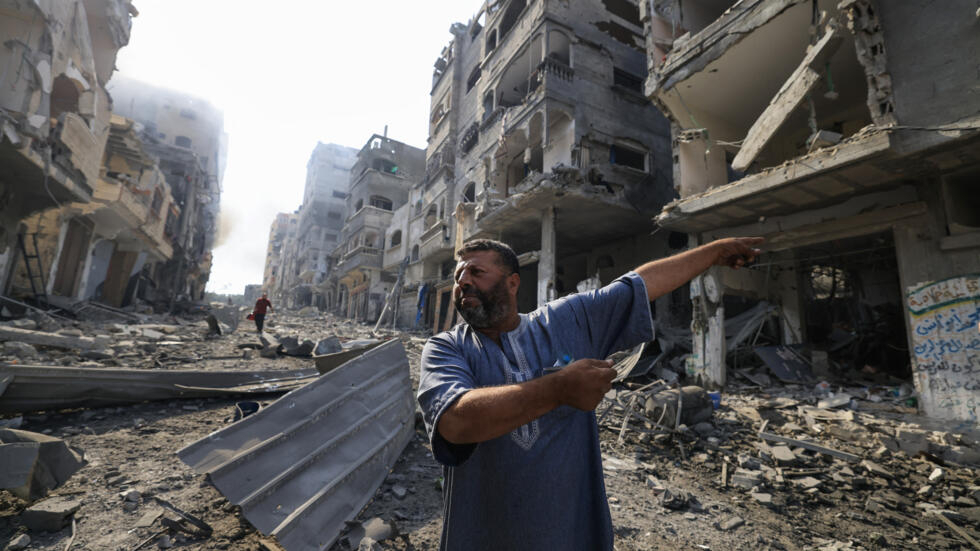The United Nations Office for the Coordination of Humanitarian Affairs (OCHA) announced on Wednesday that the humanitarian crisis in Gaza has reached an exceptional and critical point.
The United Nations Agency for Palestine Refugees (UNRWA), the largest humanitarian provider in Gaza, issued a warning that it would be compelled to cease all operations by Wednesday night unless there is an immediate allowance of fuel into Gaza.
As a result of the fuel shortage, hospitals are being forced to close due to a lack of fuel, water, medical supplies, and personnel. To conserve fuel, only a limited number of essential facilities are receiving it. OCHA has expressed concerns that the backup generators, not designed for continuous operation, may break down.
UN representatives conducted visits to hospitals on Tuesday and reported dire conditions. In one hospital, numerous injured individuals, including men, women, and children, were observed. Many of them were unconscious, bearing open wounds and receiving limited medical attention, either on beds, stretchers, or on the floor. In the hospital yard, a tent was set up containing numerous deceased individuals, including children, as the morgues have reached their capacity.
Food stocks in Gaza are depleting rapidly, with the World Food Programme estimating that current essential food supplies will last for approximately 12 days. However, in local shops, available food stock is projected to be exhausted within just five days, as reported by OCHA.
As a consequence of the crisis, people are resorting to drinking well water, which is high in salt content and poses immediate health risks. Health partners have also identified cases of chickenpox, scabies, and diarrhea attributed to poor sanitation conditions and the consumption of water from unsafe sources.
The number of internally displaced individuals in Gaza has now exceeded 1.4 million, including nearly 590,000 people taking shelter in UNRWA-designated shelters. Alarmingly, more than 15 percent of those displaced are believed to have disabilities, yet most shelters lack the necessary equipment to meet their specific needs.
Local authorities have reported that over 40 percent of all housing units in the Gaza Strip have either been destroyed or damaged, according to OCHA.




















